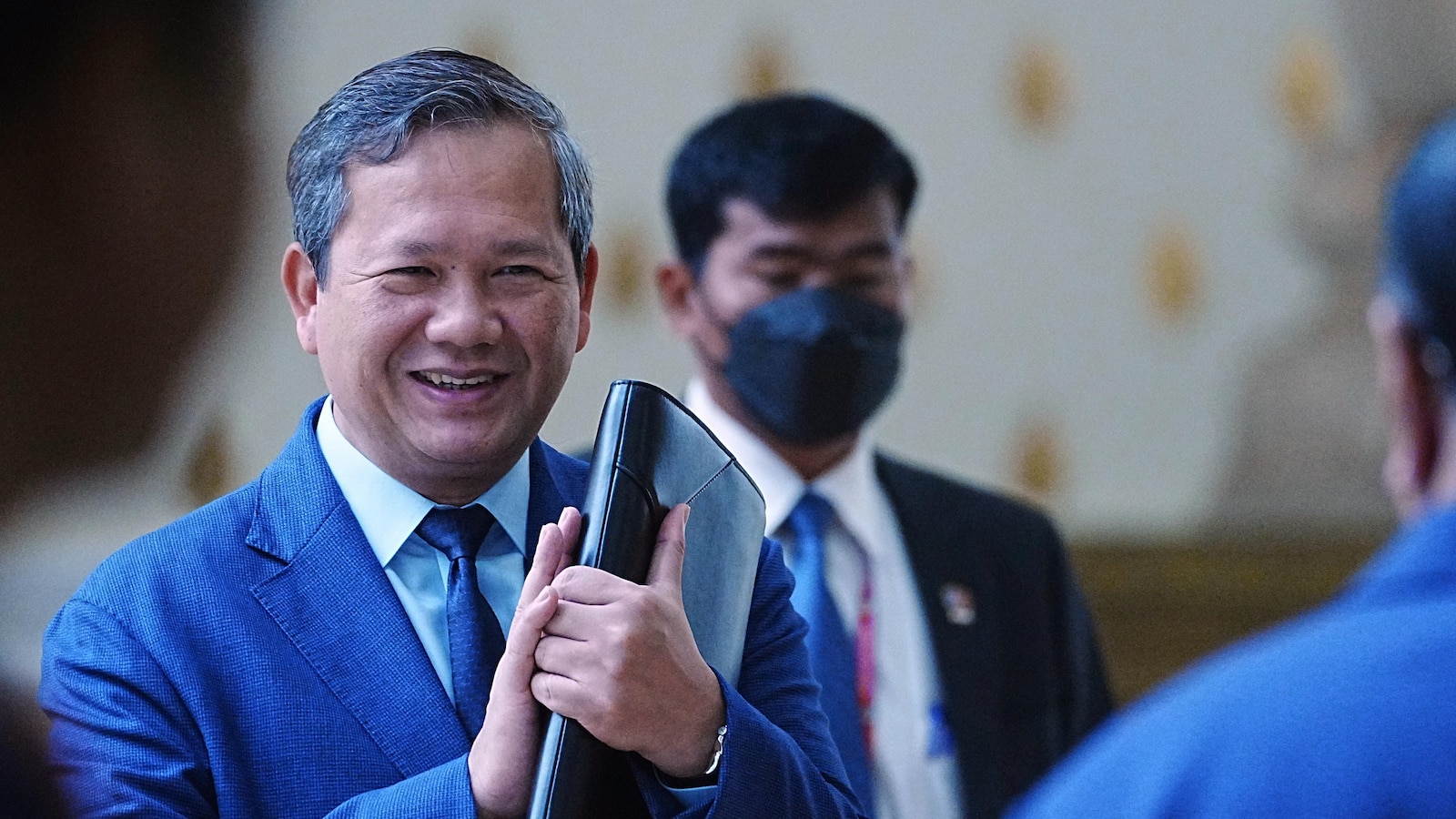ARTICLE AD BOX
Treasury Secretary Scott Bessent on Tuesday said trade negotiations with 17 of America’s 18 largest trading partners are proceeding well and could result in formal deals before the weekend.
Mr. Bessent, testifying before Congress, said the U.S. has not engaged with China, but other countries are playing ball. He expects the deals to have substantial reductions in tariffs and other trade barriers to U.S. goods.
“Perhaps as early as this week we will be announcing trade deals with some of our largest trading partners,” Mr. Bessent told the House Appropriations Committee. “Many of our trading partners have approached us with very good offers.”
The secretary updated lawmakers as anxious business owners and Wall Street investors wait for progress on trade negotiations.
Mr. Trump on April 2 announced a blanket 10% on all imports and heftier reciprocal levies on countries that sell plenty of goods to American consumers but don’t buy nearly as much from U.S. producers.
Mr. Trump paused his reciprocal levies for 90 days to allow for negotiations. China is the exception. Beijing retaliated, resulting in tit-for-tat tariffs that exceed 100% on both the U.S. and Chinese sides.
Chinese factory output is starting to slow down, putting strain on Beijing. Shipments across the Pacific Ocean have started to dry up, raising the specter of empty shelves or higher prices in the U.S.
American farmers say Chinese orders for soybeans, pork and other products are being canceled.
Mr. Trump in recent weeks suggested there had been contact with Chinese officials, though Mr. Bessent confirmed Tuesday there have not been formal talks.
“China, we have not engaged in negotiations with, as of yet,” he said.
The Trump administration is pleading for patience as it enacts its economic agenda of tariffs, tax cuts and deregulation.
Mr. Bessent said those three planks will work hand-in-hand to make it easier to invest in U.S. production and hire American workers.
Tuesday’s hearing got testy at times. Rep. Mark Pocan, Wisconsin Democrat, lost patience with Mr. Bessent after he asked who paid the tariffs.
The secretary said it was a complicated picture, though Mr. Pocan interjected to point out that it is often Americans who pay the tariffs, alluding to the importer of record who pays the money to customs officials or consumers who have the costs passed along to them.
“I’m not going to waste my time having you go, ‘Uh, uh, uh,’” Mr. Pocan said. “We are getting screwed right and left because of the indiscriminate use of tariffs. That’s the reality for Main Street.”
Republicans chided Democrats for seeming to change their tune about tariffs because Mr. Trump is back in the White House.
Rep. Nick LaLota, New York Republican, rattled off a series of old quotes from Senate Minority Leader Charles E. Schumer praising tariffs, saying it would be impossible to tell if Mr. Trump or the prominent New York Democrat had said them.
“It was cool until Trump got into office, and now he’s opposed to it,” Mr. LaLota said.
Some Democrats applauded the Trump administration, however, for closing the de minimis loophole that allowed low-value shipments from China – often cheap clothing items – to be sent to American consumers without facing tariffs.
“It needs to be applied to all countries, not just to China,” Rep. Rosa DeLauro, Connecticut Democrat, said.
However, Democrats pressed Mr. Bessent on cuts to the IRS, saying the agency needs a robust workforce to chase down tax cheats.
A recent Treasury inspector general report said the IRS lost nearly a third of its revenue agents due to buyouts and layoffs guided by billionaire Elon Musk and his Department of Government Efficiency.
Democrats said if Republicans are serious about reducing deficits, they should support efforts to collect revenue.
“Cutting back on IRS enforcement makes it easier for the wealthiest individuals and corporations to cheat on their taxes and get out of paying what they owe,” Rep. Steny H. Hoyer, Maryland Democrat, said. “That, of course, increases what others pay, and explodes the deficit.”
Mr. Bessent defended the DOGE mission as an attempt to increase efficiency, not eradicate the government.
“I think that it is not a big leap to do much more with less,” he said.

 3 months ago
44
3 months ago
44








 English (US) ·
English (US) ·